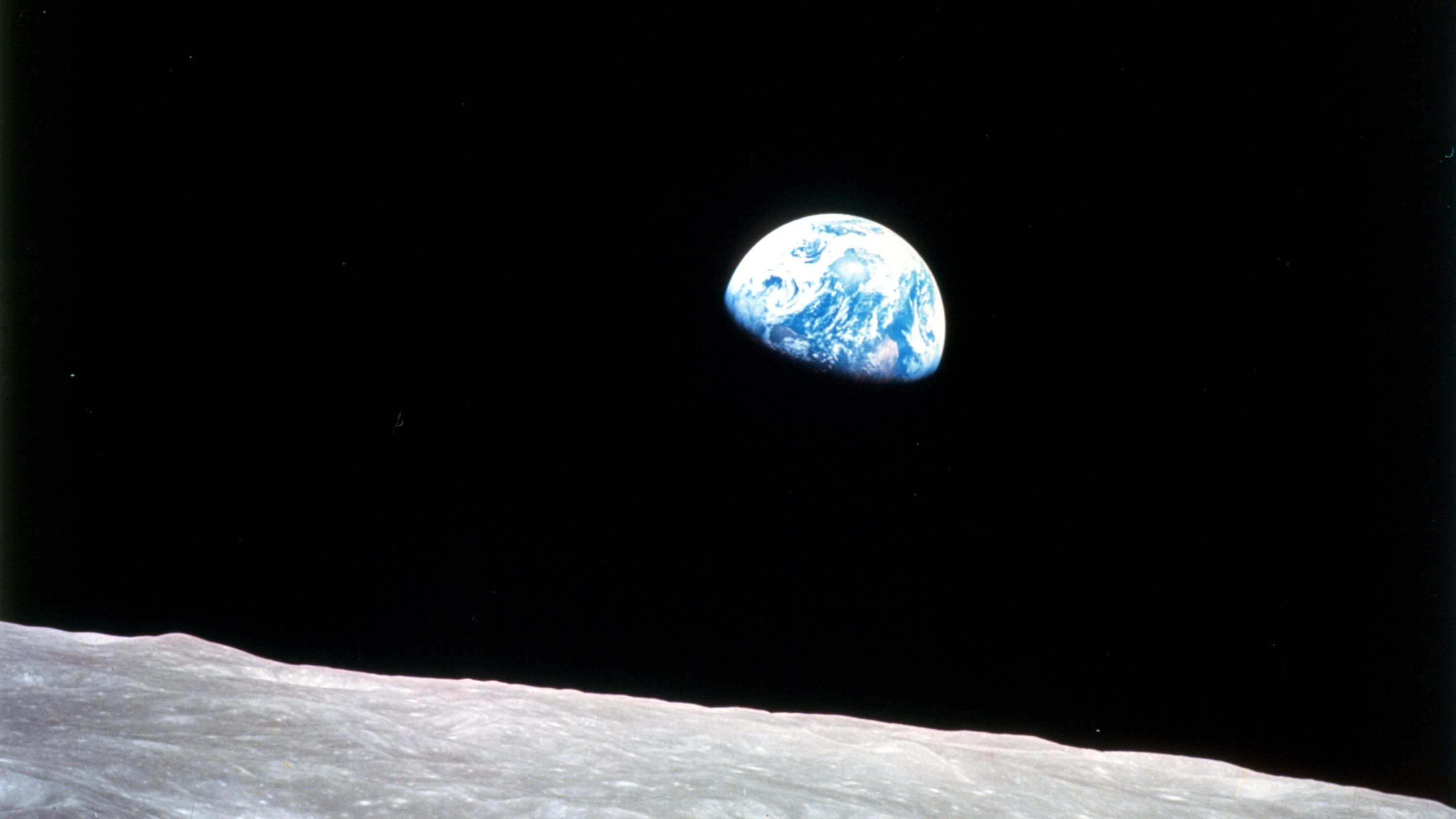Ever since the Enlightenment, society has become progressively more rational and less religious. In particular, “supernatural thinking” has declined.
However, according to existential psychologist Clay Routledge, supernatural thinking is an important part of being a complete human being.
When we ponder great existential questions — like our purpose or place in the Universe — our minds naturally drift toward the supernatural. The supernatural provides hope that there is something about our existence, something about the human spirit, that transcends the material.
CLAY ROUTLEDGE: If you're a critic of religion or if you're someone who champions yourself as a strong believer in the power of rationality, you probably think 'supernatural thinking' is bad. But I take the perspective that supernatural thinking is actually an important part of being a complete human being. From a scientific point of view, all we know is what we have in this life- but if we're open to supernatural possibilities that allows us to at least explore or have hope that there's something about our existence, something about the human spirit that transcends the material. And when we are dealing with anxieties about mortality, when we're dealing with questions about purpose, when we're dealing with just trying to understand our place in a large Universe, our minds naturally drift towards at least curiosities about the supernatural if not outright belief.
My name is Clay Routledge, I'm an existential psychologist and I'm the director of the Human Flourishing Lab at The Archbridge Institute. Supernatural thinking is really any type of idea or concept that stands outside of our scientific understanding of the material world. The most common one that people are familiar with, of course, involves religion. People want to make sense out of their lives and their environment, and seeking a connection with the divine is one way. But religion also has a very strong social component- and when people in a community or in a family, or even in a broader group, share a supernatural belief system, they have an invisible thread that helps connect them, that helps them feel like their social nature transcends the biological, transcends the material, and that, in a way, makes their connections even that much richer.
But we're experiencing, right now, what many commentators refer to as 'The Great Decline' when it comes to religion. People are becoming less traditionally religious, but if you look at the reasons people are religious, if you look at the nature of the human brain and the human mind, you'll find that the human quest for meaning, the human orientation towards the supernatural, towards the transcendent, hasn't disappeared just because religion has declined. So the question becomes: 'What are people doing with their spiritual nature?' What are they seeking? What are they looking for? And how are they meeting their existential needs if they're not doing so through the traditional, religious practices that they once were? You can see people engaging more in practices such as yoga, meditation, even martial arts, which by themselves aren't necessarily spiritual, but they're often infused with the spiritual quality that people feel like they're part of something bigger than themselves, and ideally something transcendent. And so, in a lot of ways, supernatural beliefs are a form of psychological medicine in that they help us deal with some of the difficulties in life, and our need to grapple with the big existential questions.
So humans believe things like: "Everything happens for a reason," because we're an existential species. We're a species that, in a lot of ways, is very goal-driven or very agentic. We plan our own lives, we pursue things that we want to pursue. And so, when we make things happen, we see purpose in it. And as a result, we often just populate the world with that same type of thinking. We assume there's purpose everywhere, and we tend to exaggerate that sometimes. Teleological thinking is our attempt to impose design on experiences, events, or just anything we see in the world. So that would be something like, 'The sun exists to keep us warm,' which from a scientific point of view is considered an error, but from a non-scientific point of view, from a more psychological point of view, this seems to just be an aspect of the human condition that we like to see the world in terms of design and in terms of purpose. So, lots of organisms are social. Other organisms are even potentially political, but humans are more sophisticated than that. We don't just look around us and try to fit in, we try to have significance. We want our lives to matter.
There are at least three distinct cognitive capacities that make humans intellectually unique: One, we're very self-reflective. We spend a lot of time turning inward, thinking about the nature of our existence. In addition to that, we're able to mentally time travel. So when I think about myself, I don't just think about myself in the present, I think about myself in the future. I think about my goals, my hopes, and also my fears. And finally, we have a capacity for high-level abstract thought. In other words, we have imaginations. You know, landing a rover on Mars would've seemed like total fiction and thanks to our imaginative capacities and our intellect, we've been able to make that possible. So those three things have really contributed to our existential nature, our ability to seek a life of meaning and purpose.
When we think of human cognition, we can think about two general categories- and of course, I'm oversimplifying a little bit- but you can break things down into 'rational versus intuitive cognitive processes.' There's a metaphorical representation for this that we call 'heart versus head.' Of course, all these processes are taking place within the brain, but these metaphors showcase that people understand that there's a difference between following your intuitions versus just following rational processes. So yes, rationality is important. When we're trying to solve problems, we need to approach it systematically using the scientific method, using logic. But part of what makes humans inspired to improve the world, to improve their own lives, to help others, to take on projects that advance civilization but they might not see complete in their own lifetime isn't rational thinking necessarily- it's intuitive thinking. And often, it's supernatural thinking. It's feeling like they have a reason to be here. Regardless of how people approach the question of meaning, the critical ingredient is that you feel like you're an agent of meaning. And that is that you feel like you have the power within you to pursue a meaningful life. And it's when we're making meaning that we're often at our best, that we're often the most inspired, the most creative, the most generous, the most hopeful, the most optimistic, and the most willing to make sacrifices for others to advance society, and to improve the world.







